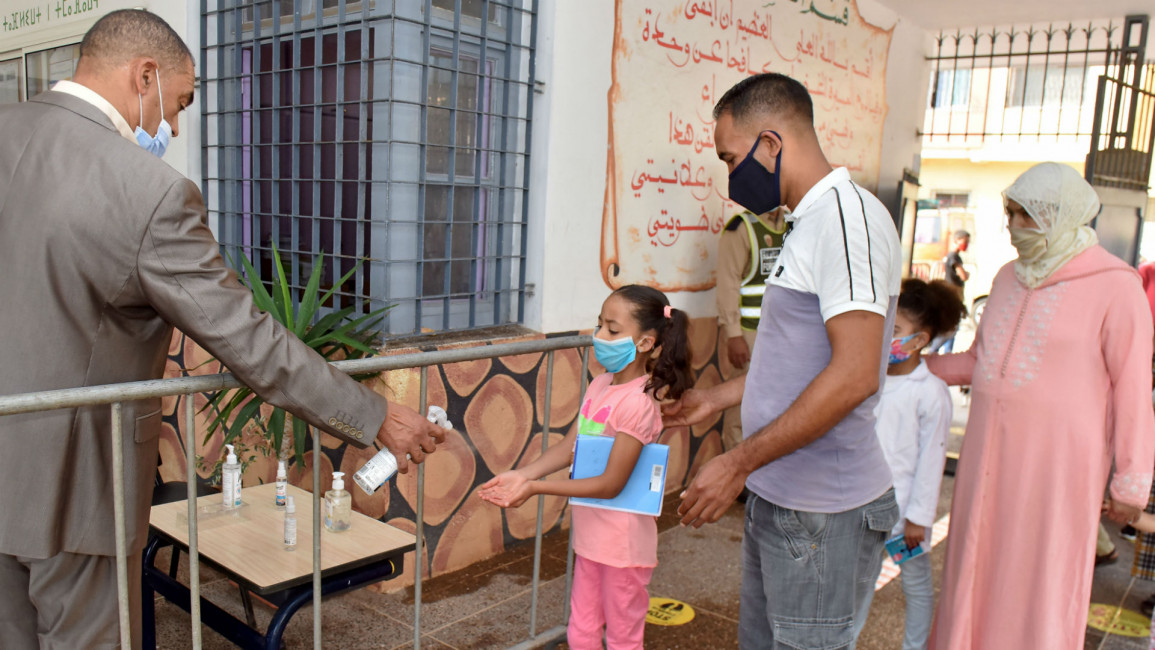Morocco extends virus emergency for another month
Morocco extends virus emergency for another month
The novel coronavirus has battered Morocco, where daily detected cases are running at above 5,000 per day.
1 min read
Casablanca, with 3.3 million residents, has been under night time curfew since September [AFP]
Morocco on Thursday extended until January 10 its medical state of emergency in force since March to curb the spread of the novel coronavirus.
The government decided to prolong the state of emergency in the country by another month, the official news agency MAP reported.
The novel coronavirus has battered Morocco, where daily detected cases are running at above 5,000 per day and recorded deaths from the virus have reached almost 6,000, in a country of 37 million.
The death rate has been relatively low, at around 1.7 percent of 364,000 recorded cases.
But in the port city of Casablanca, the beating heart of the Moroccan economy, under-staffed hospitals are close to bursting.
Hard-stretched medical staff, on the front lines of the pandemic since March, are showing signs of exhaustion.
Morocco hopes to launch a campaign by year-end to innoculate 20 million adults within three months, using vaccines from China's Sinopharm and a UK-sourced shot developed by AstraZeneca and Oxford University.
Under the state of emergency, Casablanca, with 3.3 million residents, has been under a night-time curfew since September, while travel curbs have been enforced on several other cities.
The government decided to prolong the state of emergency in the country by another month, the official news agency MAP reported.
The novel coronavirus has battered Morocco, where daily detected cases are running at above 5,000 per day and recorded deaths from the virus have reached almost 6,000, in a country of 37 million.
The death rate has been relatively low, at around 1.7 percent of 364,000 recorded cases.
But in the port city of Casablanca, the beating heart of the Moroccan economy, under-staffed hospitals are close to bursting.
Hard-stretched medical staff, on the front lines of the pandemic since March, are showing signs of exhaustion.
Morocco hopes to launch a campaign by year-end to innoculate 20 million adults within three months, using vaccines from China's Sinopharm and a UK-sourced shot developed by AstraZeneca and Oxford University.
Under the state of emergency, Casablanca, with 3.3 million residents, has been under a night-time curfew since September, while travel curbs have been enforced on several other cities.


![President Pezeshkian has denounced Israel's attacks on Lebanon [Getty]](/sites/default/files/styles/image_684x385/public/2173482924.jpeg?h=a5f2f23a&itok=q3evVtko)



 Follow the Middle East's top stories in English at The New Arab on Google News
Follow the Middle East's top stories in English at The New Arab on Google News


